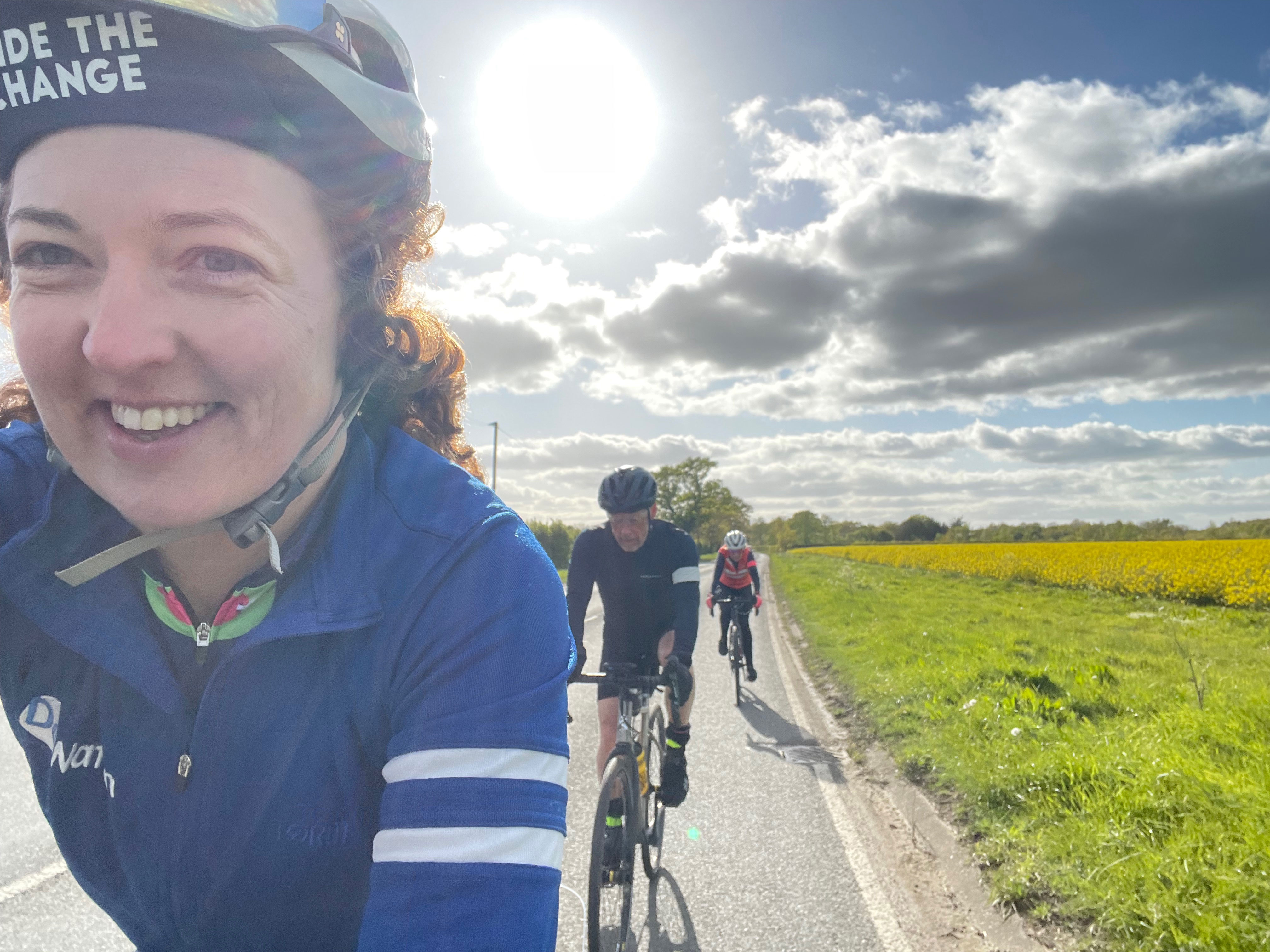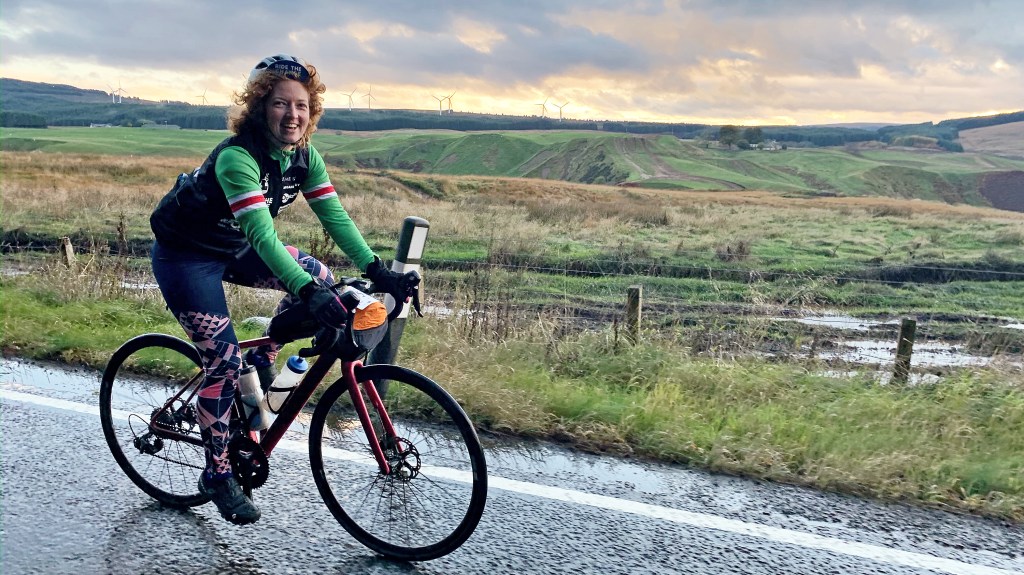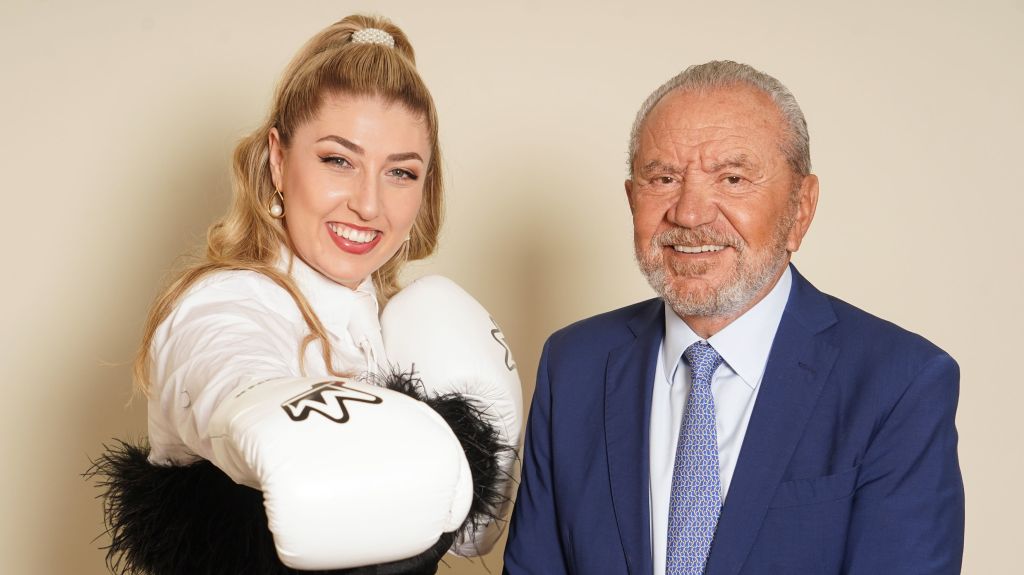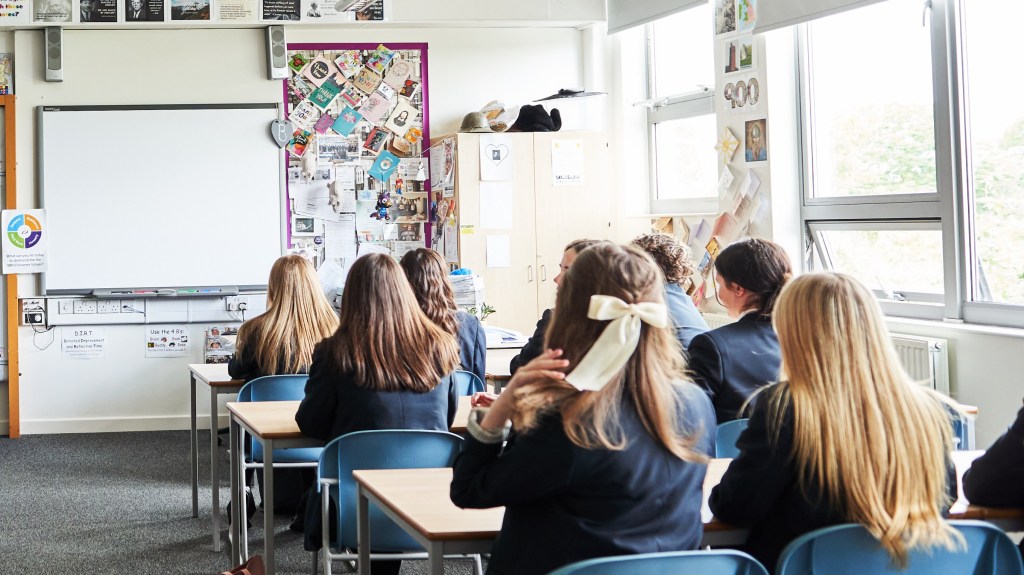Business Failures Offer Vital Lessons for Saving Enterprises
At a London sustainability conference, Hermione Taylor was busy networking when an email signaled the end of her business.
A crucial sale had fallen through, emptying the pipeline with no hope of meeting payroll in two months. Her crowdfunding campaign to address a £120,000 funding shortage also missed its target.
“That was the moment I thought, ‘I think we’re done’,” said Taylor.
Taylor, 40, launched Do Nation in 2010, an app promoting eco-friendly behavior among employees. Revenues peaked at £650,000 in 2021, but by April this year, after 14 years, the company ceased trading due to rising competition, dwindling customer interest, and an inability to secure new funding.
In the past year, business failures reached a 30-year high of 25,158 as owners struggled with high interest rates, increasing costs, and reduced customer spending.
This year could see even more businesses closing, with the Centre for Economics and Business Research forecasting 33,000 company failures. However, last week’s figures suggest the trend may be peaking, with May’s insolvencies at 2,006 — a 21% drop from the previous year.
While a company’s closure might seem sudden, warning signs often emerge months, even years earlier.
“When we started, encouraging employees to cycle to work or switch to renewable energy was radical, but now it’s mainstream,” said Taylor. “Initially, we had great market fit, but rapid market evolution and a short runway prevented us from adapting.”
Josh Lachkovic, 35, faced a similar fate with his business, Wine List, which shuttered in September 2021.
In July that year, a missed wine shipment delayed monthly deliveries, causing a spike in unsubscribes. Revenues dropped 36%, or £22,500, that month.
Lachkovic attempted to raise funds to cover the shortfall but couldn’t secure them in time. “The decision was out of my hands,” he said. “We would have been trading insolvently without investment.”
The lost funding triggered the closure, but declining numbers indicated trouble. Wine List thrived during lockdown when people sought new activities at home. At its peak, it grossed £85,000 monthly and was on track for £1 million annual turnover. Yet, post-lockdown, the product lost relevance. “Our retention rates told the story,” said Lachkovic.
Entrepreneurial narratives often highlight big wins and resilience, rarely touching on the prevalent business failures and recognizing when to pivot or exit.
John Pritchard, 51, of Pala Eyewear, decided to close his ethical sunglasses brand in 2016 before it ran out of cash. “We shut down with a zero balance and all supply chains paid,” he said.
The decision came in August last year after a meeting with an investor revealed that profitability was years away. With rising living costs and family responsibilities, his £26,000 salary wasn’t sufficient.
To sustain Pala, a pivot to B2B services was necessary, but Pritchard couldn’t pursue it. “It was an easy decision and a relief,” he said. “I was almost burnt out, mentally and financially.”
Pritchard estimated needed £35,000 in final sales, achieved via a clearance sale and fulfilling wholesale orders. Pala ceased trading in September and was later bought by Coral Eyewear.
Despite their setbacks, none of these entrepreneurs is ready to abandon the founder title.

Lachkovic founded Ballpoint, a growth agency, while Pritchard runs Illume, helping SMEs with sustainability strategies and B Corp certification.
Lachkovic believes failure has made him a valuable advisor to entrepreneurs. He compared closing a business to experiencing a deep loss. Writing about it on LinkedIn, he received outreach from fellow business owners for advice. “I didn’t expect to be so helpful to early-stage founders, but I was,” he said. “I now see what issues were fatal and which weren’t. It’s a unique perspective.”
Meanwhile, Taylor continues to inspire through the annual Ride The Change challenge from London to Brussels.
“I’m not rushing into another business, but I’m organizing this ride that’s becoming bigger than expected,” she said. “Since it’s been 16 years since I was employed, I’m taking time to decide what’s next.”




Post Comment